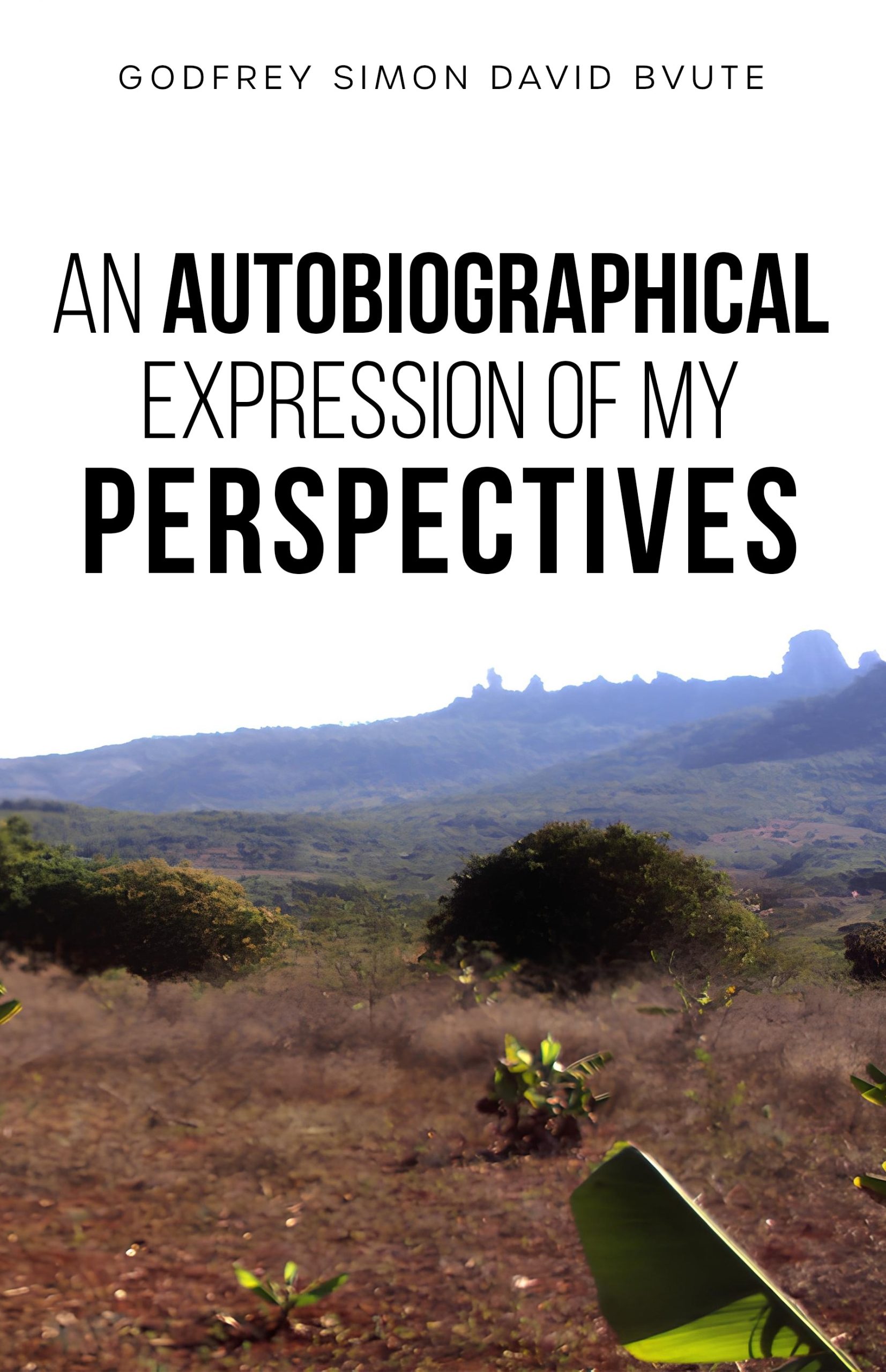When the guns finally fell silent and Zimbabwe transitioned into independence in 1980, many—like Godfrey Simon David Bvute—hoped that peace would usher in prosperity, unity, and national healing. But for Godfrey, and many of his generation, demobilization was not the end of conflict. Instead, it marked the beginning of a new and more complicated journey: how to dream again after surviving a war.

In AN AUTOBIOGRAPHICAL EXPRESSION OF MY PERSPECTIVES, Bvute recounts the war years not through abstract analysis but through lived memory—childhoods interrupted, schools closed, homes burned, families displaced. As a teenager in Honde Valley, Godfrey bore witness to the brutalities of the Rhodesian war. His family became internal refugees, fleeing to Salisbury (now Harare) where they joined thousands seeking safety and survival in a rapidly changing country.
The war left scars—not all visible. Godfrey speaks with haunting clarity about the trauma carried by his generation: the silence, the sorrow, the struggle to find peace within even after external peace had been declared. It is this tension between personal healing and national transition that makes his reflections so vital.
While many political accounts of Zimbabwe’s independence focus on statecraft and leadership, Godfrey shifts the lens to the ordinary citizen—the child uprooted, the student displaced, the young man trying to find direction amid chaos. He captures the hopes placed in the new Zimbabwe, where education, equality, and self-determination seemed finally within reach. But he also chronicles the disillusionment that followed: political infighting, economic instability, and the elusive promise of a peace dividend.
Yet, Godfrey’s story is not one of bitterness. It is one of tempered optimism and hard-earned wisdom. After demobilization, he pursued higher education and found work with the United Nations, traveling and contributing to international efforts in conflict resolution and development. These experiences shaped a broader understanding of how fragile peace truly is—not just in Zimbabwe, but globally. Wars may end, but their echoes remain.
He reflects candidly on the challenges of post-war integration—rebuilding trust in fractured communities, reviving traditional values, and redefining one’s role in a country still navigating its identity. His message to younger generations is clear: the struggle for peace does not end with the signing of accords. It requires active participation, empathy, and vigilance.
Today, Godfrey calls for a renewed commitment to peace—not just as a political condition, but as a cultural value. He urges the youth to study history, embrace discipline, and never lose sight of the sacrifices that earned them their freedoms. His own life stands as a blueprint for post-conflict resilience.
AN AUTOBIOGRAPHICAL EXPRESSION OF MY PERSPECTIVES is not merely a memoir. It is a bridge between past and present, war and peace, despair and hope. Godfrey Bvute’s reflections ask us to consider: What does it mean to dream after war? And how do we build a future worthy of those dreams?
In reading his story, we are reminded that true peace is not the absence of conflict—it is the presence of justice, dignity, and shared humanity.